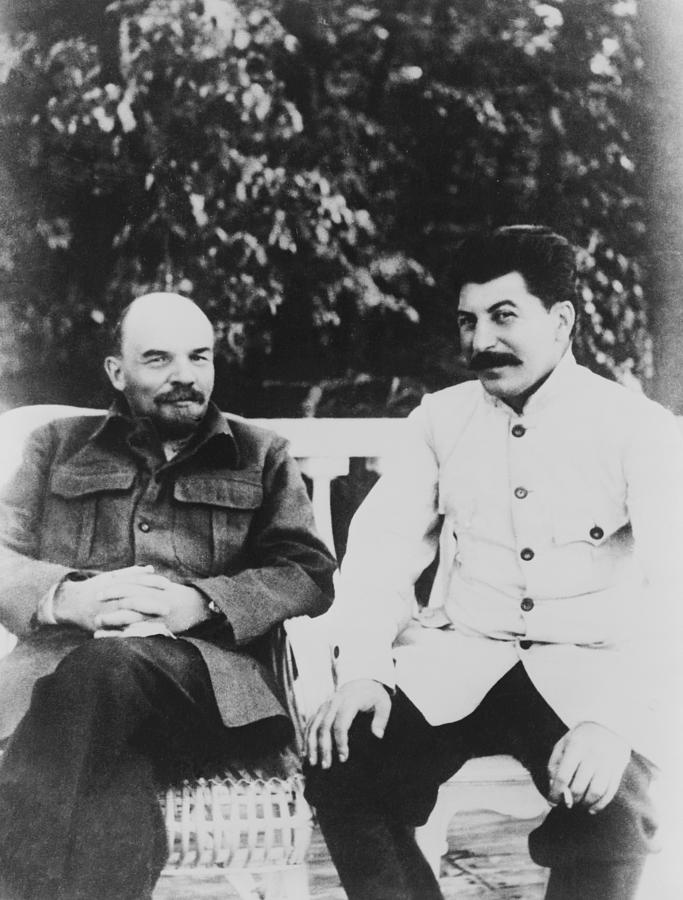Fragile Empire: How Russia Fell In and Out of Love with Vladimir Putin is a recent book on Russia and Putin, published by the author Ben Judah. This book has been recognized by sources such as Bloomberg as an important book on modern Russia. Here is the review I put up at Amazon.com (I bought the book on Kindle) and I strongly recommend this book and the author, as well.
I picked up this book based on positive reviews in Bloomberg and elsewhere and was very impressed. I have a reasonably good understanding of Russia based on military history and a decent understanding of the global energy business.
The first thing that comes to my mind is how brave the author must be to go around Russia asking questions about Putin. From my understanding and this book that is a very risky thing to do since the primary purpose of the security apparatus in Russia is to keep Putin in power.
The book follows Putin from the chaos in post-collapse St Petersburg where he worked for a local politician through his election to presidency, the Medvedev years (which were actually the Putin years), and then back into his current stint in charge.
The book is not all negative about Putin, which is what I find most interesting. The oligarchs that took control of the energy and media companies were extremely un popular and Putin brought them to heel. This was in fact popular among much of the population. He also took energy revenues and used them to pay some salaries and pensions and bring some modest amount of stability to the poor. And Moscow was substantially re built with sky scrapers and other elements. He also resolved (for the time being) the situation in Chechnya by allying with the current warlord and this momentarily resolved a horrible active war that was being fought in an embarrassing way for Russia.
It is very interesting to see how close associates of Putin, even those in his Judo club and KGB days, have become billionaires. They have taken control of the energy infrastructure and then a swiss trading function is another source of his supposed vast personal wealth (unproven).
Judah talks to Navalny, the activist against Putin’s latest election, and this is insightful because today Navalny is subject to a phantom prosecution designed to deter him from elective office. You can jump between the articles in the book and the latest news and this is very helpful.
There is a lot in this book. It covers an amazing amount of topics from coast to coast, including the border wars with China and the far, Far East. The author attempts nothing less than a comprehensive, border to border analysis of modern Russia.
I will be writing multiple blog posts out of the concepts in this book, including their relations with China, governance, and the links to the global energy industry. Once again, I cannot recommend this book highly enough and works such as this when the author dared to traverse all of Russia and ask people about a man who hates people asking questions, need to be supported.
Cross posted at LITGM.
